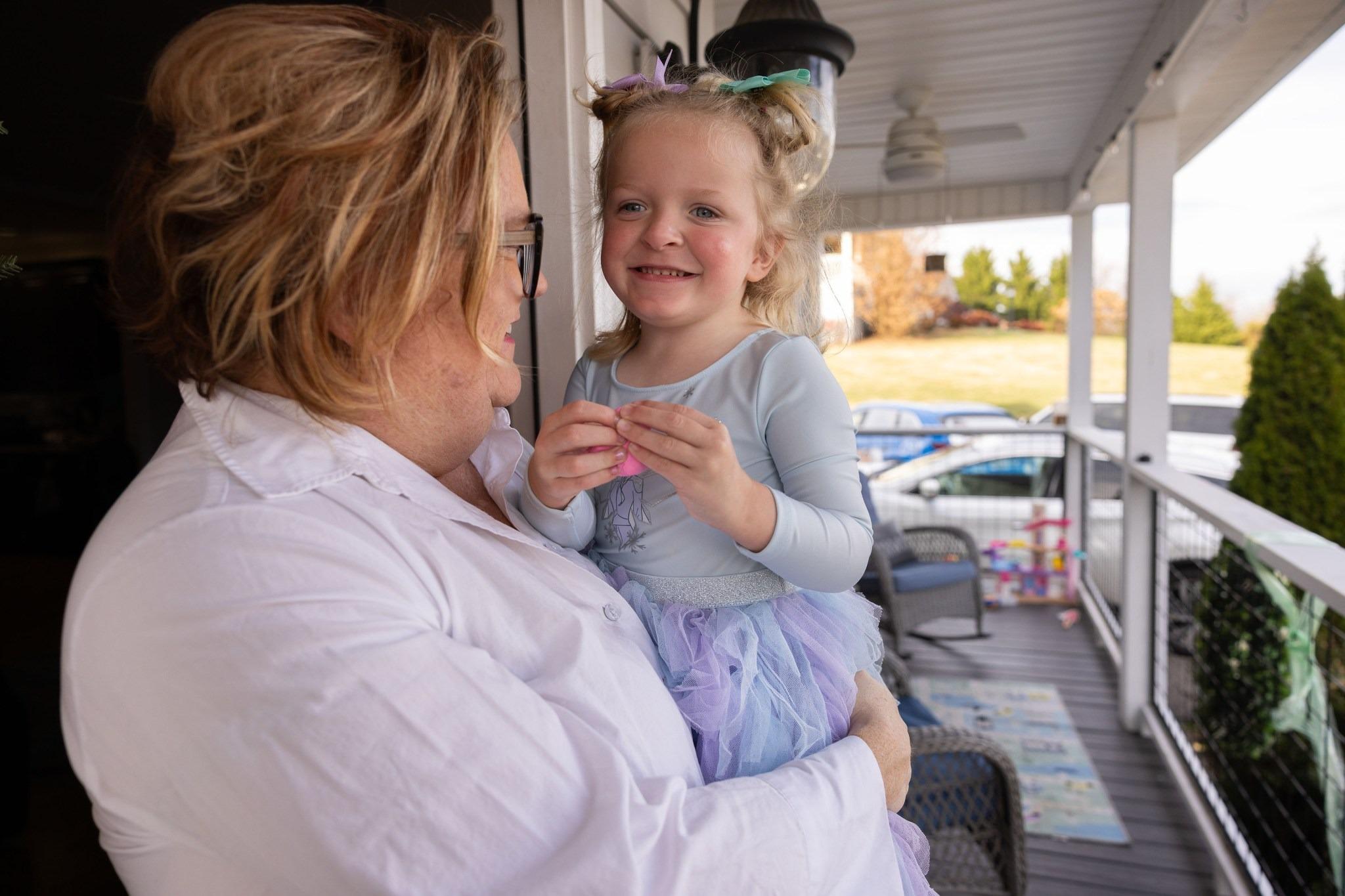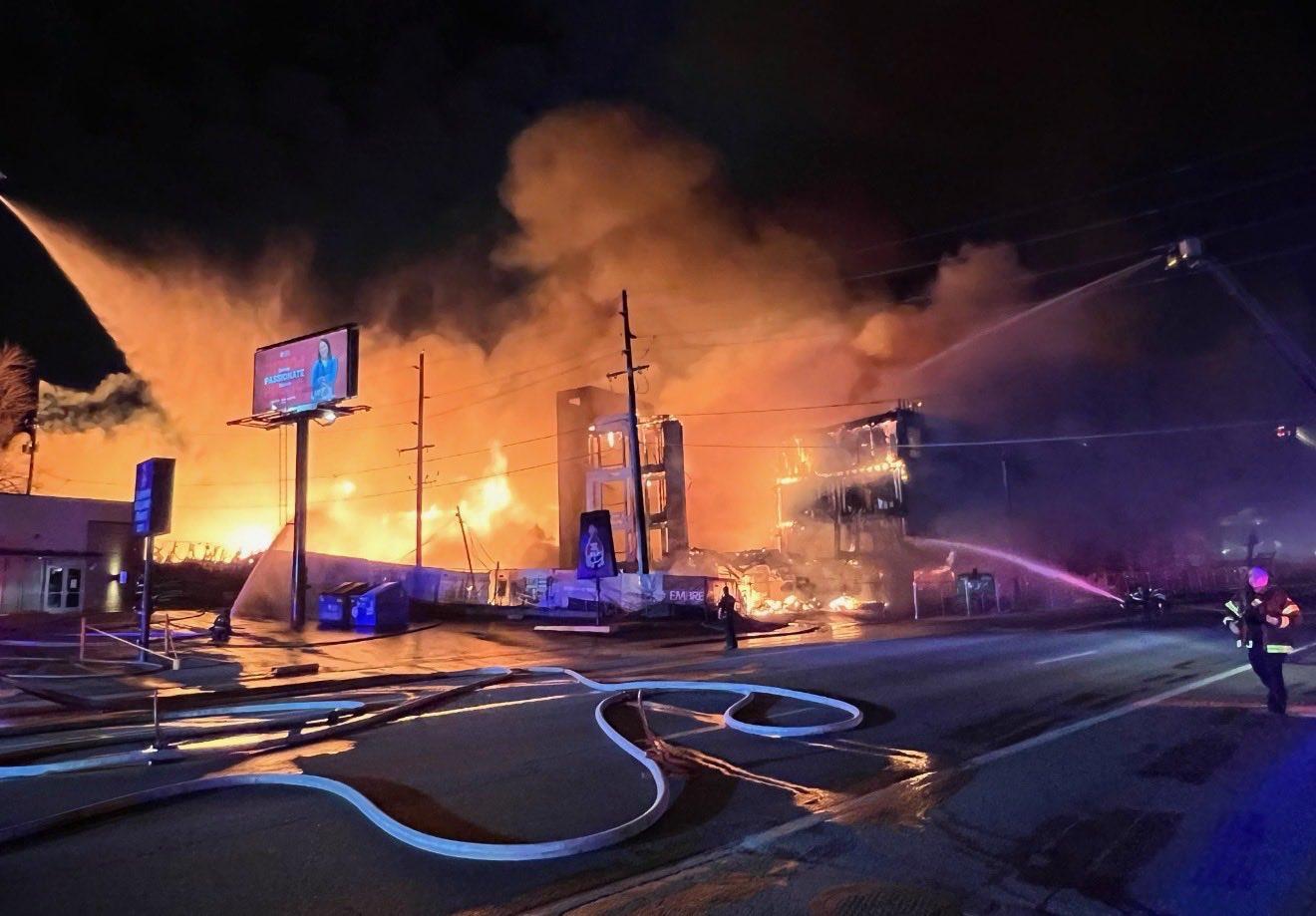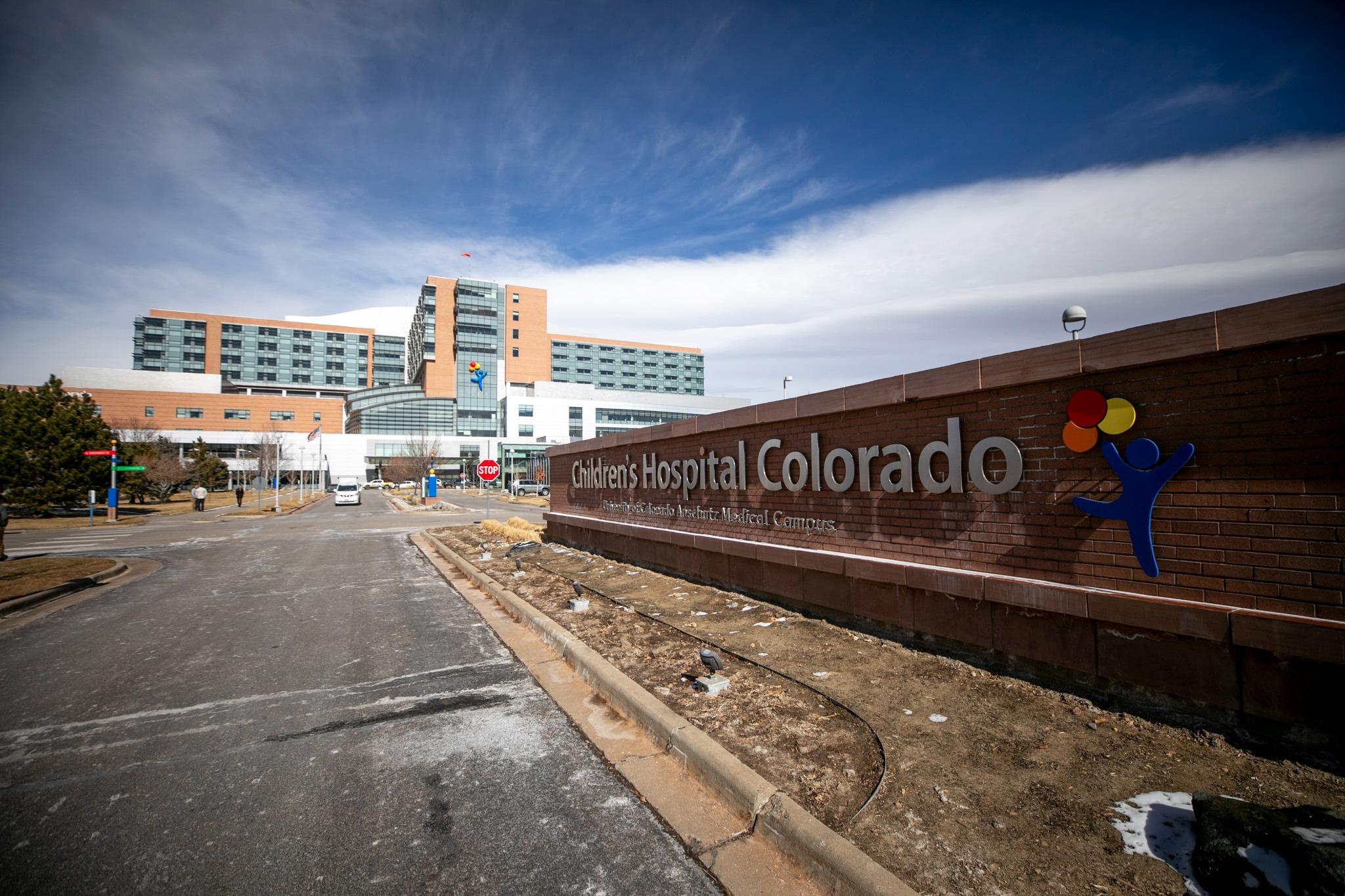
In many ways, moving to Denver from Philadelphia has been liberating for Lex Dunbar, who's Black and transmasculine.
They say the Denver-based advocacy organization, Black Pride Colorado has played an integral role in helping them grow more comfortable in their queerness and build a community, a village if you will, from a space of true authenticity.
Dunbar, a PhD student at the University of Denver, studies how religion impacts Black culture, identity and sexuality.
He spoke with Colorado Matters Host Chandra Thomas Whitfield as part of a CPR special event, “A Half-Century of Pride Stories,” at The Center on Colfax commemorating the 50th anniversary of Denver PrideFest.
Interview Highlights
On what comes to mind when they reflect on 50 years of Denver Pride:
“I just feel so proud. I feel proud of queer and trans people and the resilience and especially the joy, and the decision to (say), ‘I really am going to be here and I'm going to be loud about it. I'm going to wear all the colors or wear very little clothes, but I'm just going to do whatever I want,’ which I support, don't get me wrong. And so I feel this sense of Pride of folks continuing in the struggle to be seen and to be heard in the fullness of who they are.”
On their first Pride in Colorado:
“It was with Black Pride Colorado and actually it was my first Pride I had ever gone to. I just remember I couldn't stop smiling the entire weekend. Just seeing a bunch of Black queer and trans folk was, for a person like me who grew up how I grew up, it was life-changing. And then I remember going to the traditional Pride Festival in 2022 for the first time and Black Pride Colorado, we were in the parade. I remember just crying and seeing the families and the kids and being like, ‘Man, who would I be right now if I had been allowed to step into my queerness when I was 13?’”

On the disproportionate levels of violence and discrimination that many Black transgender people often face:
“If you think about the numbers of trans people being murdered or being antagonized, those numbers are lower because the reporting isn’t correct. And so you have a lot more abuse and things happening to trans people that are not being reported because these folks are being misgendered and being [mis]named.”
On why living one's truth is so important as a transgender person:
“We want to be left alone because that's really what it is; folks who just want to live their truth and their authenticity. My mental health is significantly better since I've come out as a nonbinary trans person than it has ever been. My relationships and my friendships, my platonic friendships, I think, are allowed to be more intimate because I'm not hiding parts of myself.”
On how to address divisiveness within the LGBTQ community:
“I am a fan of conversations, small group community conversations, with people, building intimacy, sitting at a round table and actually talking this stuff out. You getting to know my story, I'm getting to know your story. Let's actually build a community and go back to the ways that make us people, make us kin to each other, because we can. Yes, we need to change the laws and all those other things, but we actually need to raise the consciousness of the people.”
On what needs to be done to create a space that is more welcoming and supportive to the LGBTQ community overall:
“I really just want people to think. It sounds so simple, but really, folks are dying, kids are taking themselves out of here daily. That should matter. And not just in Facebook posts or Twitter feeds or TikToks, but it should matter actually in real life. So, if we could all just do a little bit more thinking about the next person, maybe we could start there.”








